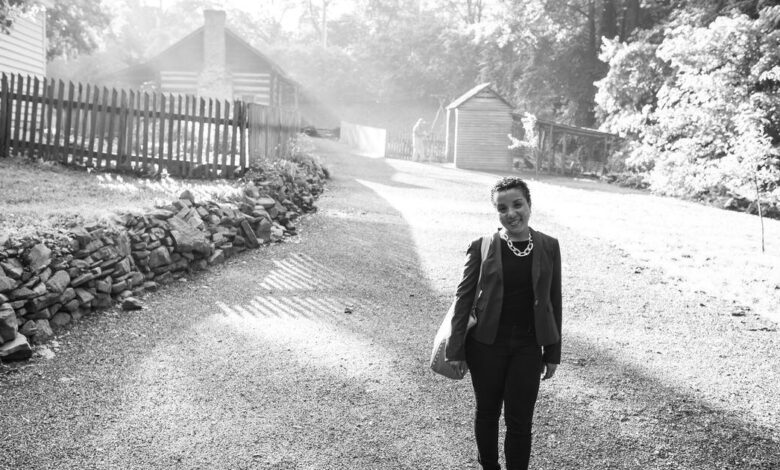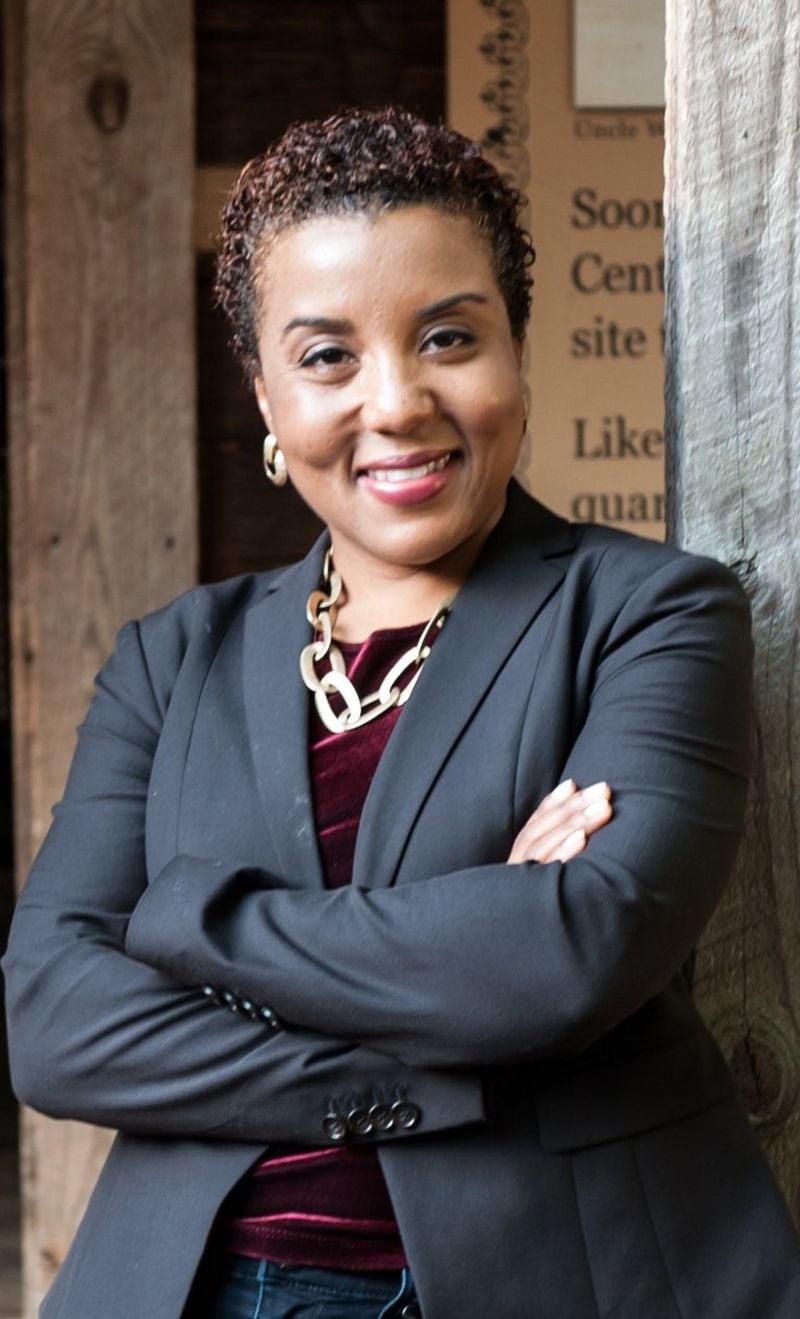Atlanta History Center VP Calinda Lee leaving for post at Center for Civil and Human Rights

Lee, a Spelman College graduate who received a masters’ degree from New York University and Ph.D. from Emory University, was pivotal in getting the history center to ramp up exhibitions and programming about the role Black Atlantans played in shaping the city. From an exhibition on the landmark Black Women’s Laundry Workers’ Strike of 1881, to a current exhibition on Black voting rights from Reconstruction to World War I, Lee’s focus was to ensure the history center told a more inclusive story of who helped build the Capital of the South.
Credit: Courtesy of the National Center for Civil and Human Rights
Credit: Courtesy of the National Center for Civil and Human Rights
That drive to make the historical narrative inclusive was the right fit for the civil and human rights center at this moment, said the center’s director. As the nation grapples with the unresolved pain of racial justice protests and a tumultuous presidential election, Lee’s challenge will be to make sure the center is heard in conversations about moving toward a more fair and equitable future.
“As The Center moves into its seventh year, we are thrilled that Calinda will guide our longstanding programs and exhibitions and shape our news ones,” Jill Savitt, president and CEO said in a statement. “She brings a unique set of skills that will masterfully connect history to the moment our country is facing: historical expertise, creativity, and a commitment to community engagement.”
The job oversees some of the civil and human rights center’s most critical areas: education, training, exhibitions and programmatic initiatives. Lee will be responsible for new ventures such as the “Truth and Transformation,” which is has a lofty but also daunting goal: to encourage racial healing by understanding the role race has played in shaping Atlanta and the nation. A component of that program will be an online human rights training for law enforcement.
While chief historian at the history center, Lee played an influential albeit quiet role in Atlanta’s debate over how to deal with its divisive Confederate monuments. She helped craft some of the language on contextual markers that are now placed by the monuments. State law prohibits removal of Confederate statuary on public property.




